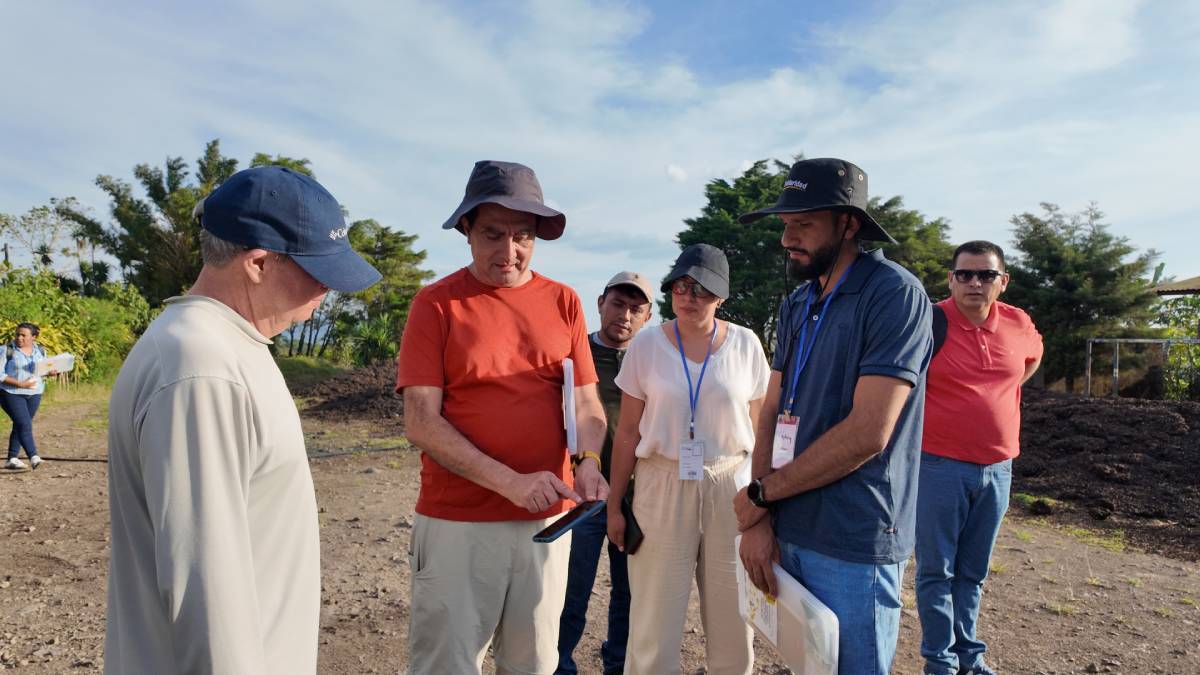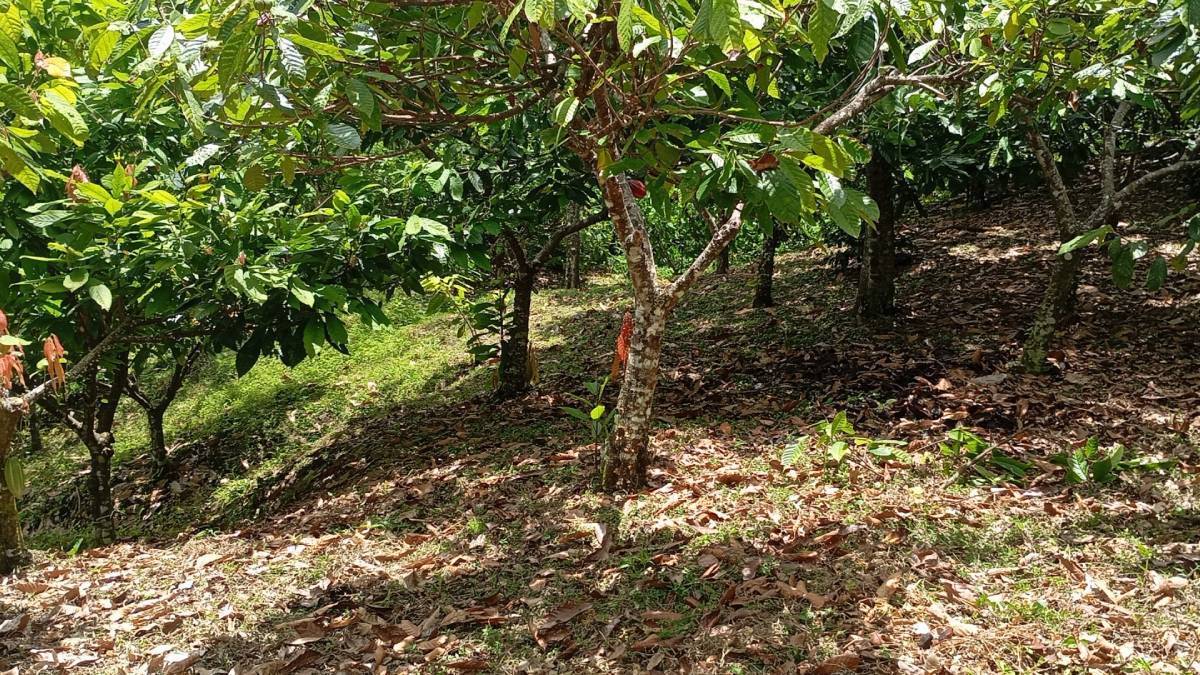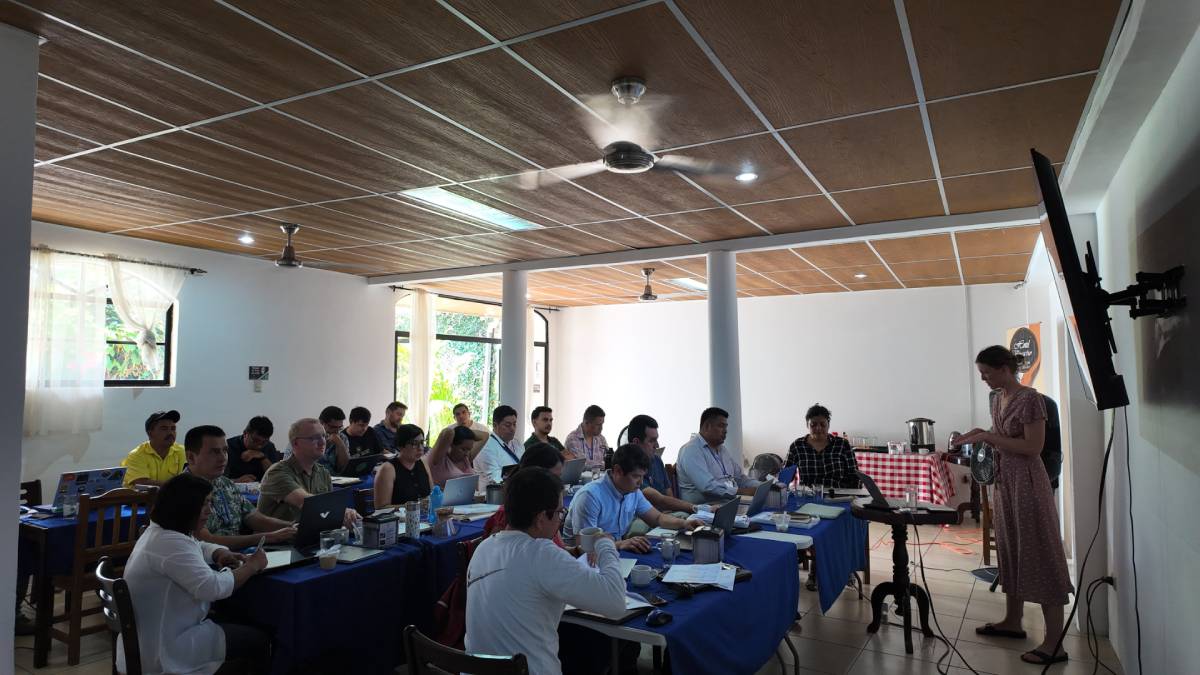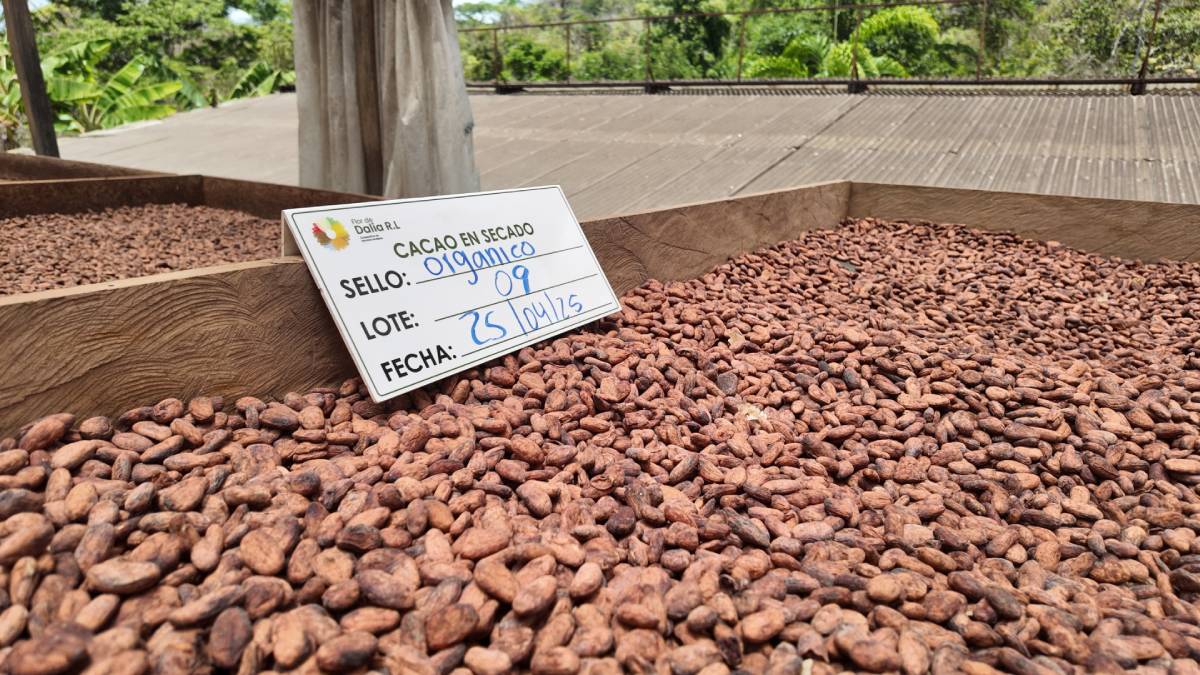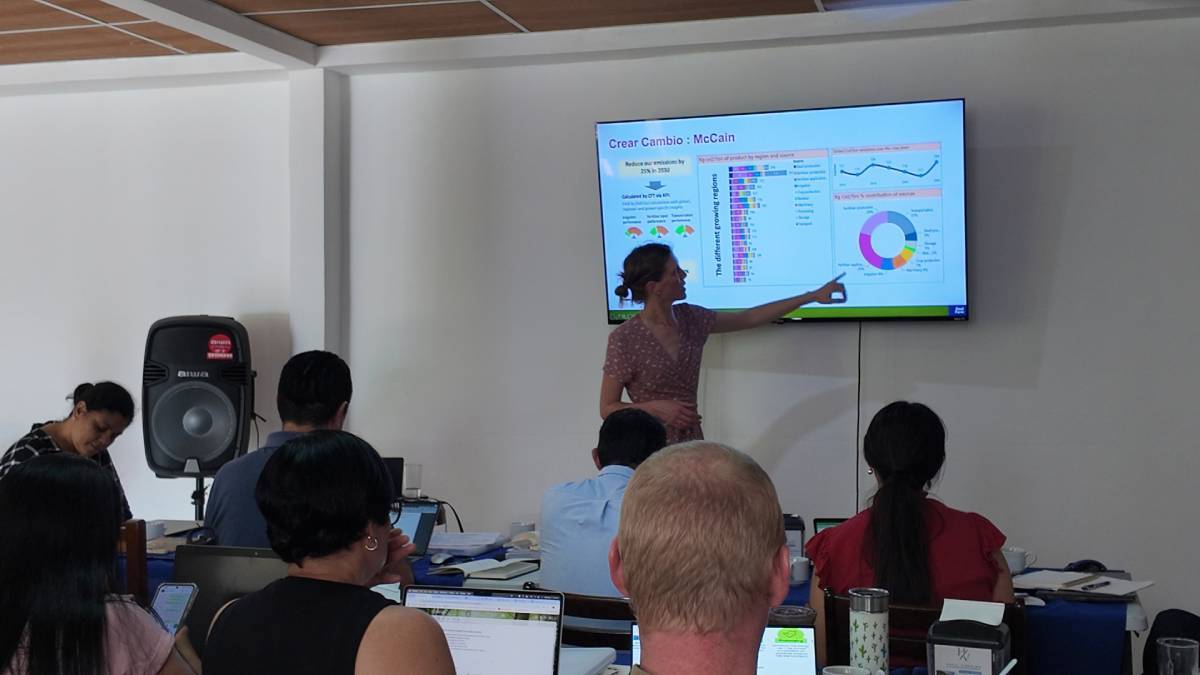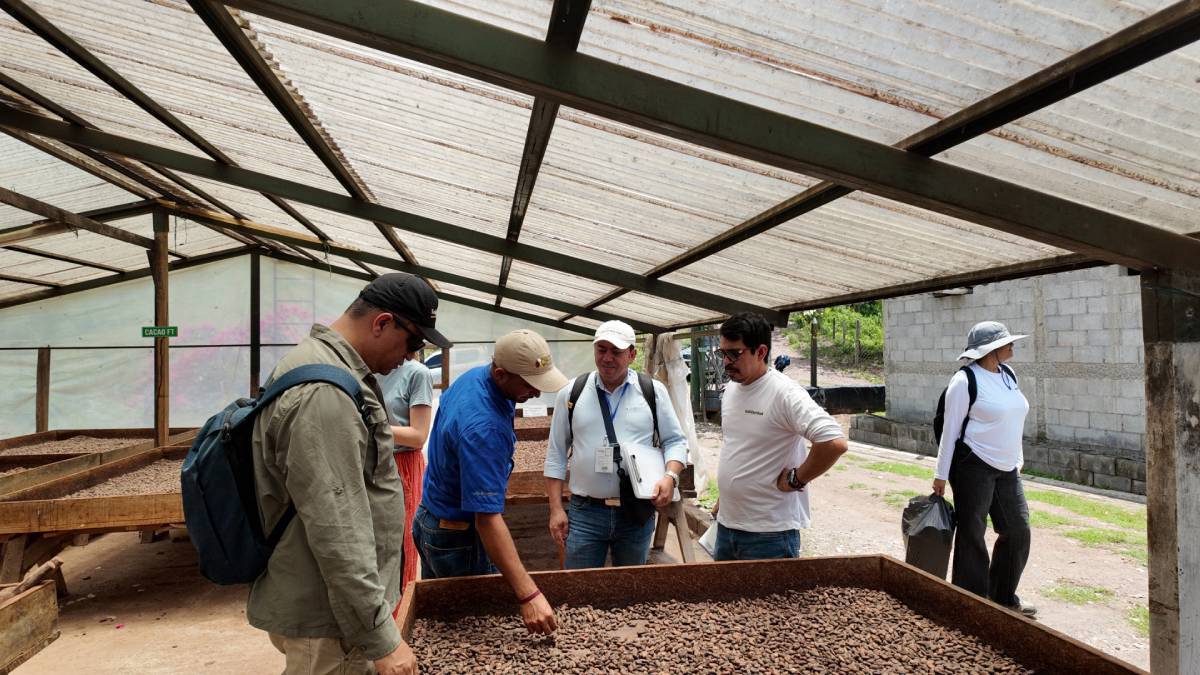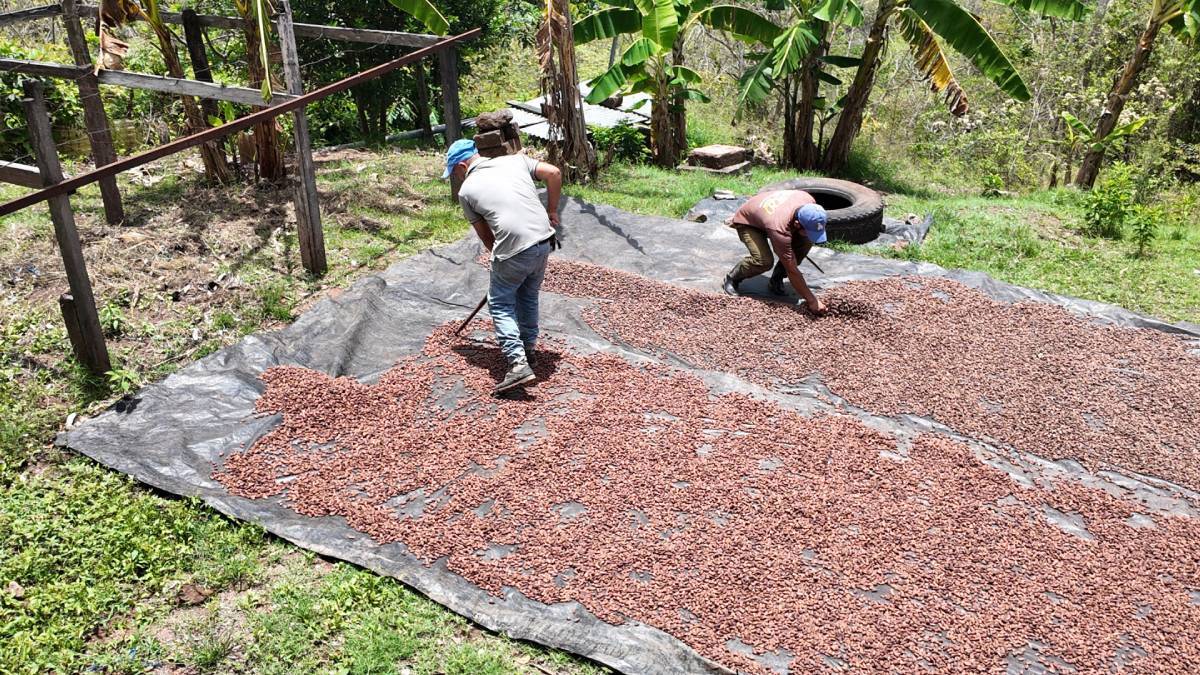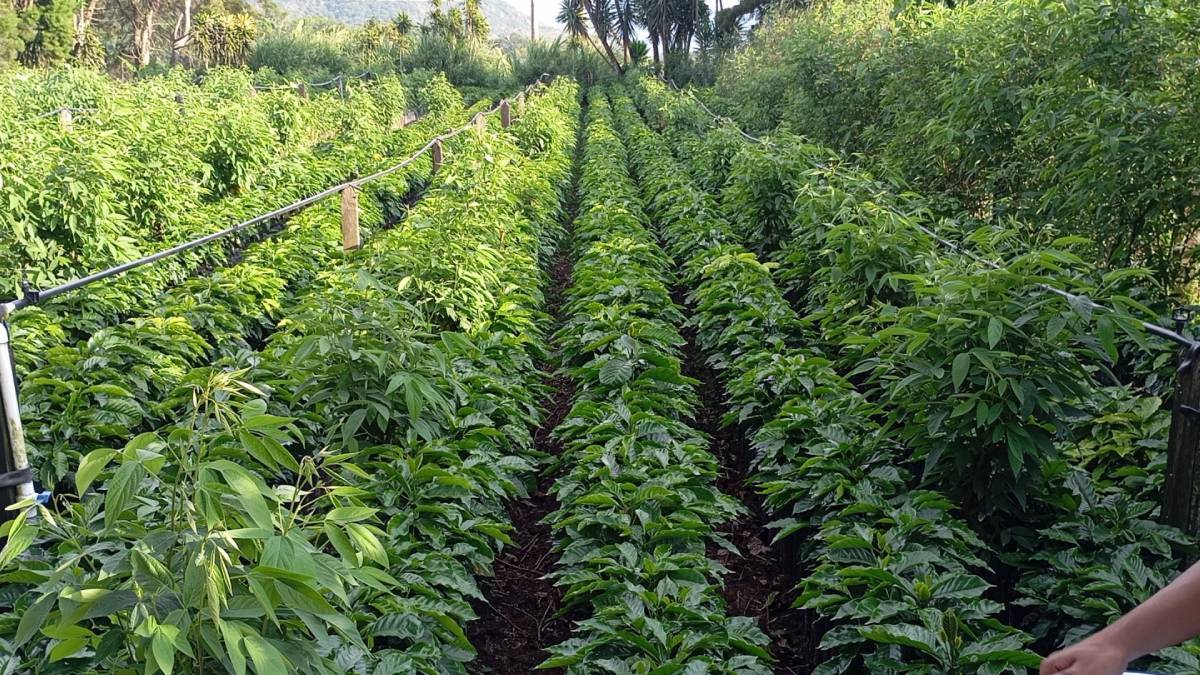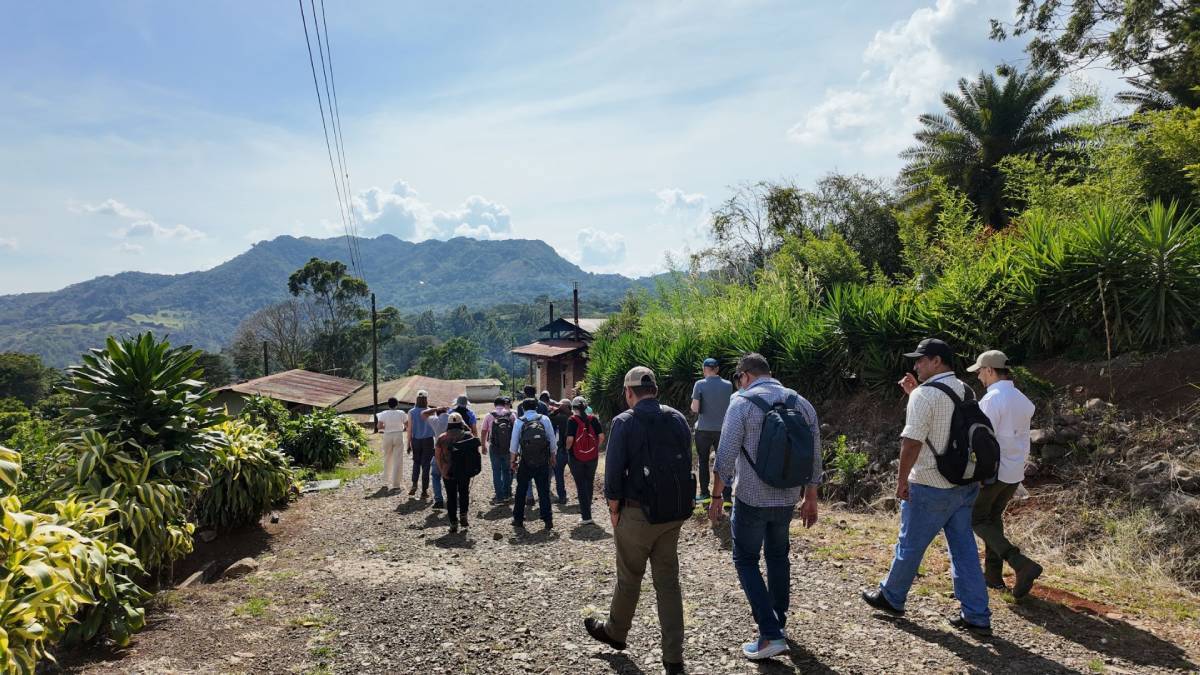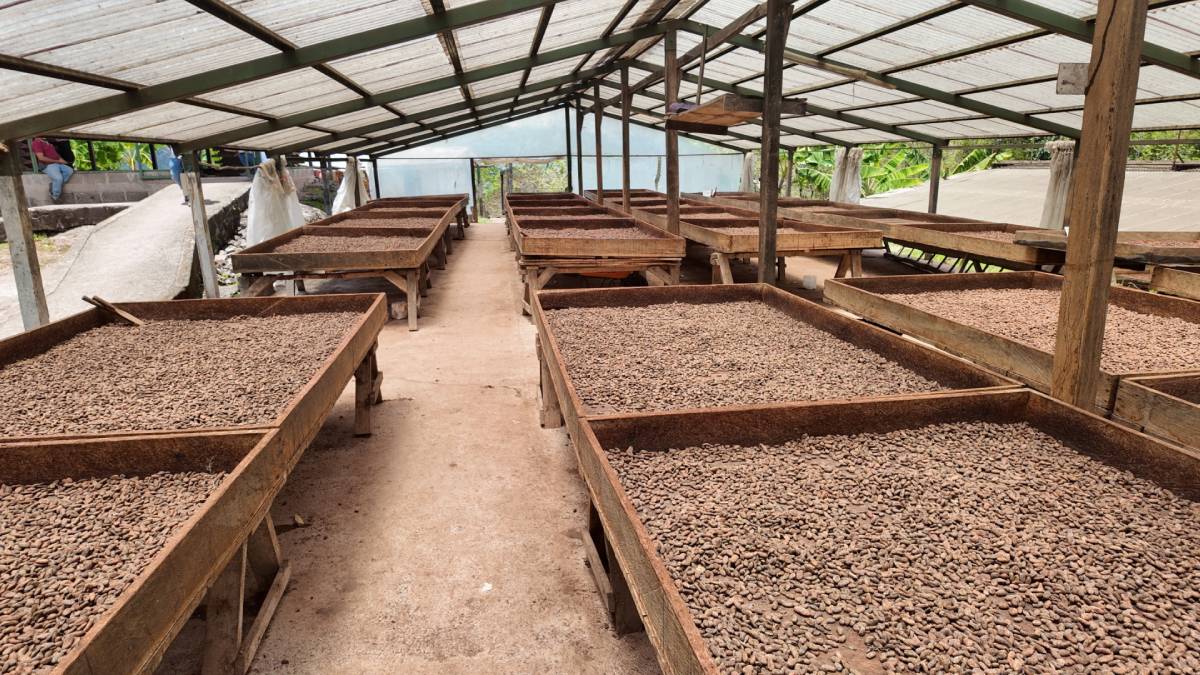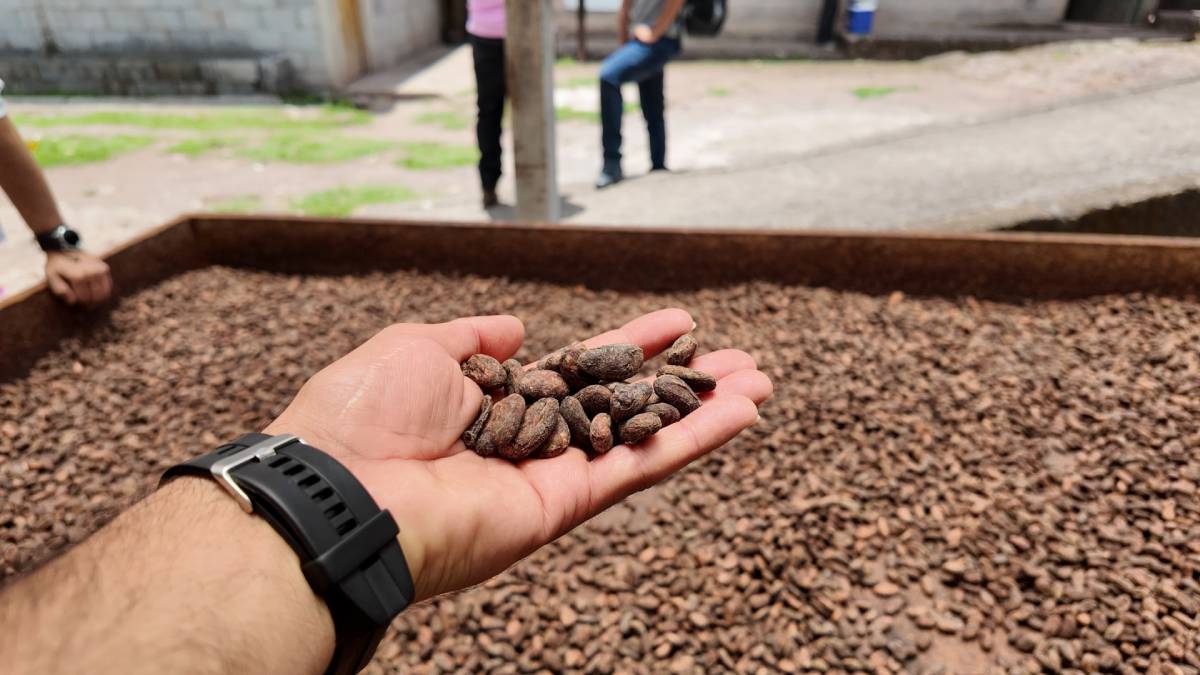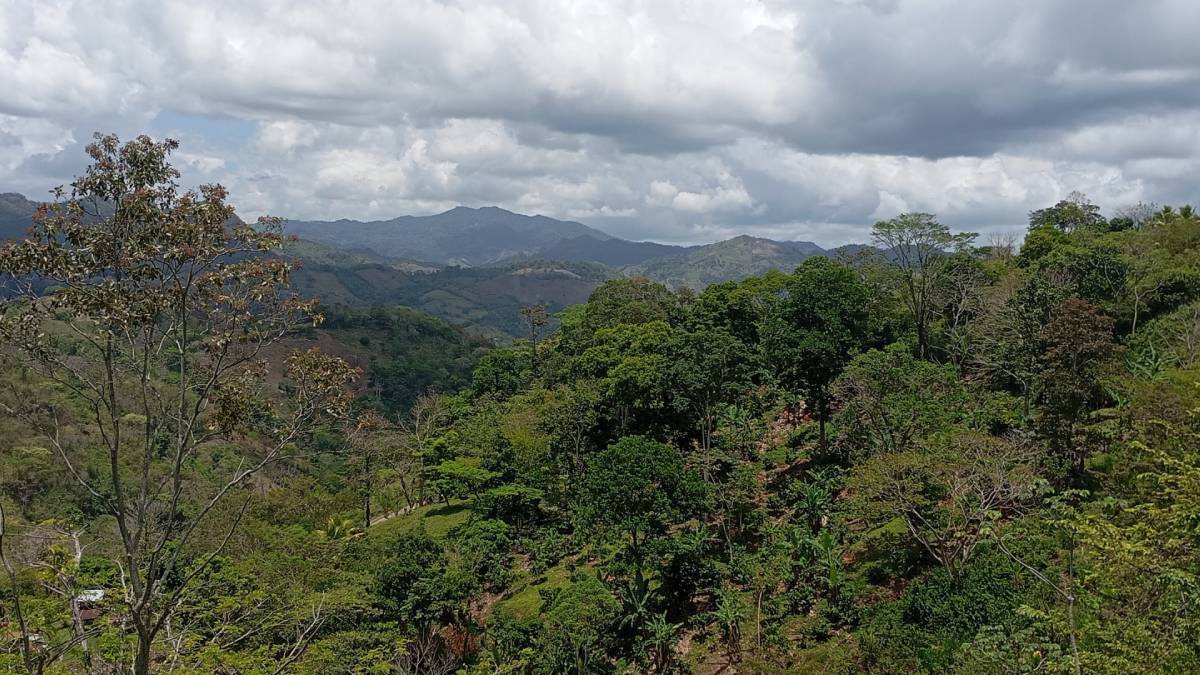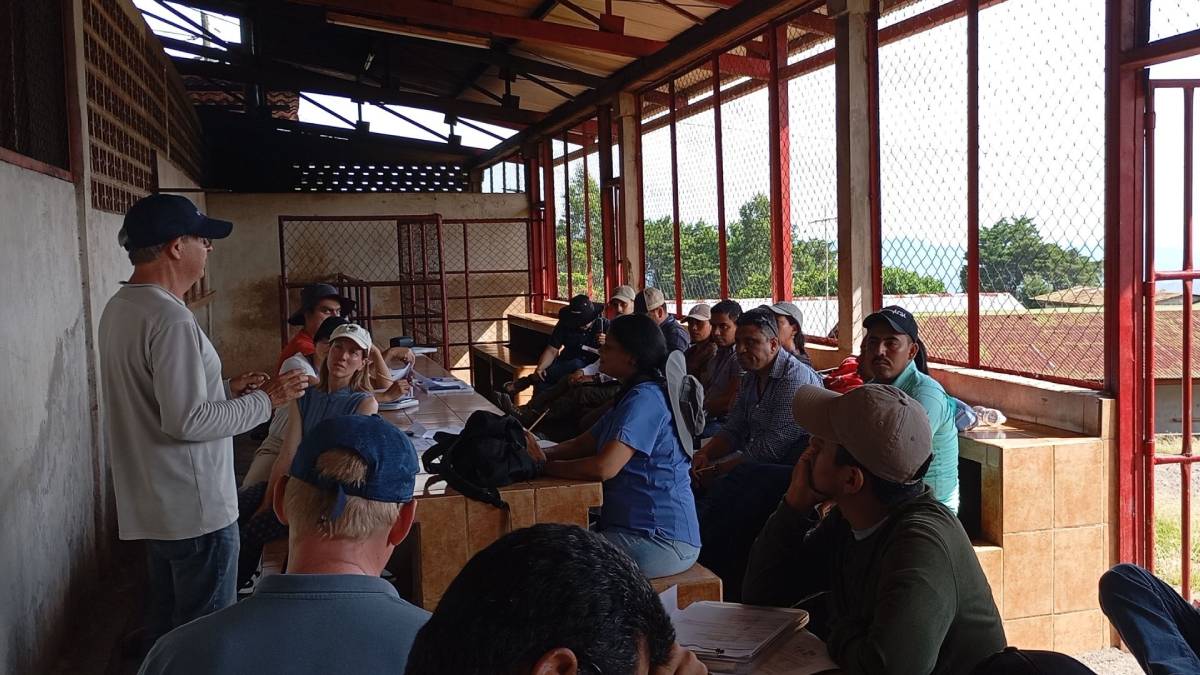Scalable and adaptable to local conditions, the Cool Farm model delivers value to producers, while enhancing markets and ecosystems.
In May of 2025, Solidaridad Central America led a training for our team on the updated Cool Farm Platform (CFP). As a committed member of the Cool Farm Alliance, the training was part of our efforts to strengthen technical capacities in Central America, Mexico, and Peru.
The CFP is a leading tool for calculating and managing the carbon footprint in agricultural systems. This enhanced digital platform helps farmers and agribusinesses make data-driven decisions for crops like coffee. It also enables traders and roasters to measure, monitor, and reduce emissions across their supply chains, while aligning with the demands of sustainable markets.
Beyond building technical expertise in the region, the training cemented Solidaridad’s role as a trusted advisor in carbon footprint management, as the organization has become a critical resource for companies decarbonizing their supply chains and buyers decarbonizing their operations.
From theory to practice: Tailoring the CFP to local realities
The Cool Farm Platform initiative in Central America is a collaboration that includes contributions from farmers, local technicians, and international experts. Insights were gathered through:
- In-depth analysis of production systems
- Data collection, modeling, and simulations
These insights were combined with input from farmers through a range of assessments that included soil management emissions and the impact of fertilization and regenerative practices. A goal of the CFP is to deliver reliable, end-to-end supply chain insights, from the field to the buyer.
“The CFP is our compass for resilient productivity, but its success depends on shared commitment across the value chain,” says Aldo Soriano, the Solidaridad Coffee Project Officer in Mexico.
Adapting the tool to local contexts was key to transforming complex data into actionable strategies for farms and organizations alike.
“Beyond quantifying emissions and carbon sequestration, this tool helps visualize improvement pathways, integrate sustainable practices, and steer supply chains toward decarbonization,” says Elisa Rocha Valdivia, Solidaridad’s Cocoa Programme Manager in Nicaragua.
The Solidaridad model of climate-smart technical support
The benefits of the recent Central American CFP training went beyond data analysis. Through hands-on workshops, peer exchanges, and ongoing coaching, the participating team has developed into a network of regional carbon footprint specialists who are skilled in:
- Using the Cool Farm Platform
- Guiding farmers, businesses, and supply chain actors on climate-smart strategies
- Aligning recommendations with international standards
“The CFP equips technicians to cut emissions using real-world data and measurable practices, bringing transparency to every link in the value chain,” says Luis Rivas, Coordinator for the Pathways to Prosperity project in Honduras.
Scalable solutions: Solidaridad’s value proposition
What sets us apart: Global tools + local expertise = actionable and measurable results.
“Carbon footprint management is no longer optional; it’s a competitive edge. Solidaridad is here to lead the way,” says Francisco Zeledón, the Solidaridad Training Coordinator in Central America.
In Central America, Solidaridad integrates cutting-edge science, digital tools, and grassroots experience to offer technological solutions that meet current challenges:
- Regenerative practices to boost profits and sustainability for farmers
- Transparent carbon footprint tracking for agribusinesses and exporters
- Standardized metrics to meet regulations and market demands for traders and roasters
“True sustainability means productive systems that work for both the planet and the farmer,” says Jossue Brenes, the Solidaridad Palm Oil Programme Manager in Central America.

